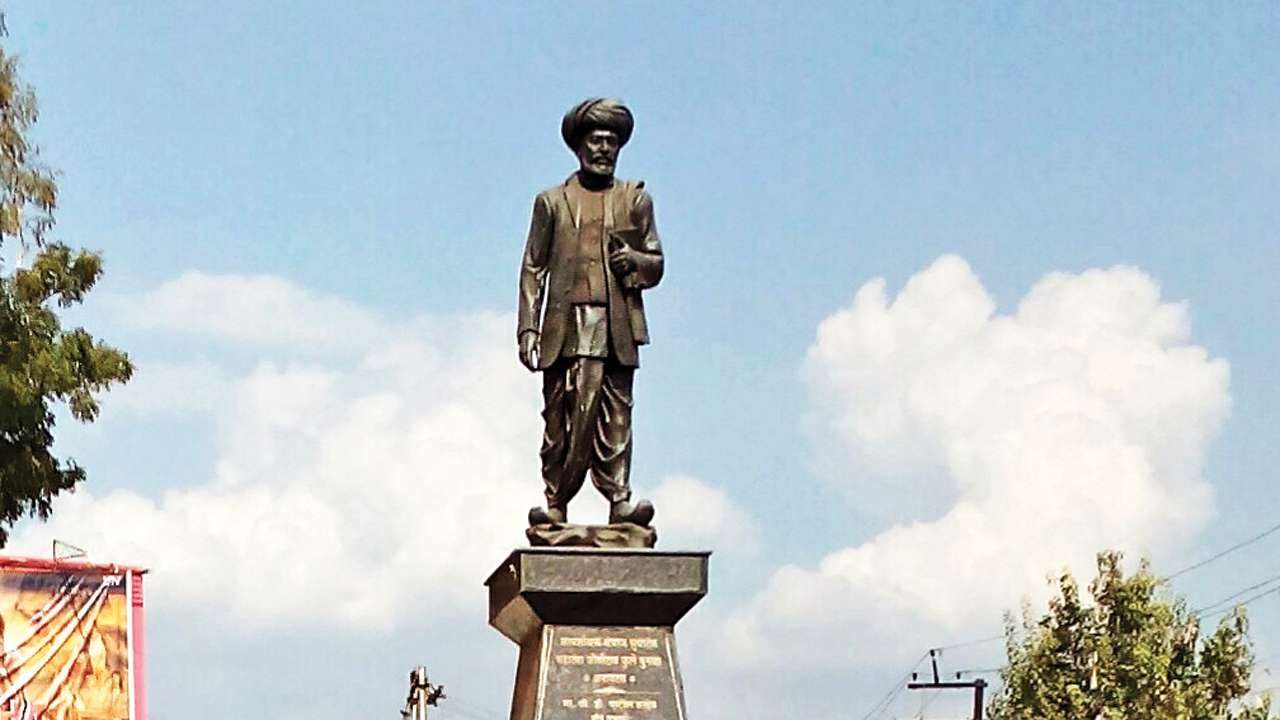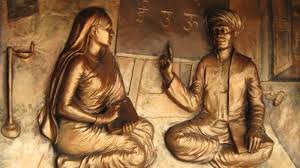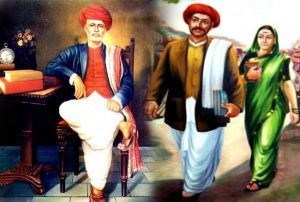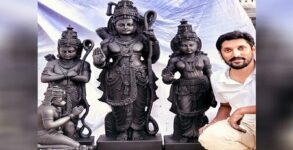Today, if girls are stepping out of their homes and reaching to the peaks of achievement breaking all the age-old cultural, societal and traditional barriers, then certainly few people are to be thanked for their efforts.
Phule was born on April 11, 1827 in present-day Maharashtra and belonged to the Mali caste of gardeners and vegetable farmers.
He was married at the age of 13 to Savitribai Phule. The couple together opened a school for girls’ education in 1848. Later they also started schools for children from Dalit castes of Mahar and Mang.
If today girls are studying in schools and colleges or working in an organisation and are getting equal opportunities as males or at least being able to read this, is just because of ‘Mahatma Jyotirao Phule’, the pioneer of girls education in India.
Phule and his wife Savitribai spent their entire life fighting against social evils like untouchability and caste system, and was a strong advocate of women empowerment, education of girl child and remarriage of widows.
On his death anniversary today, here are some lesser-known facts about the activist, thinker, social reformer and writer from Maharashtra
The Phule couple started a home for upper caste widows where they could live their own life. The kids of widows were also abandoned. So the couple started country’s first orphanage and later also adopted a child.
Vithalrao Krishnaji Vadekar, a social reformer, awarded him the title ‘Mahatma’ for his great contribution in the welfare of the society.
Phule wrote 16 books that contributed to the social awakening of the downtrodden masses who were subject to the atrocities of the upper castes and the British administrators at that time. Mahatma passed away on November 28, 1890 but Savitribai continued the initiatives.
Mahatma has been felicitated several times in Maharashtra and other states of India. Several places including universities, museums and vegetable markets are named after the great person.
Pandita Ramabai: An indomitable voice rebelliously championed for women’s rights




















